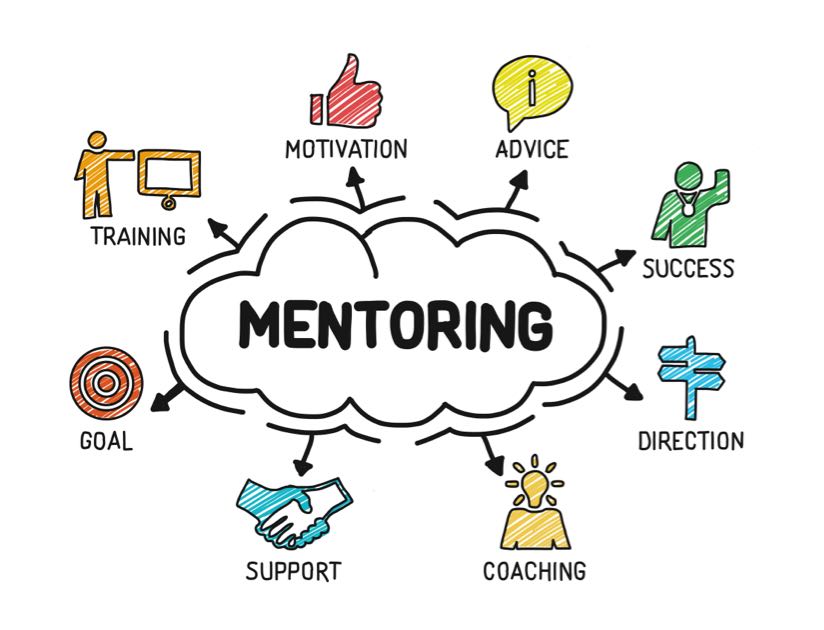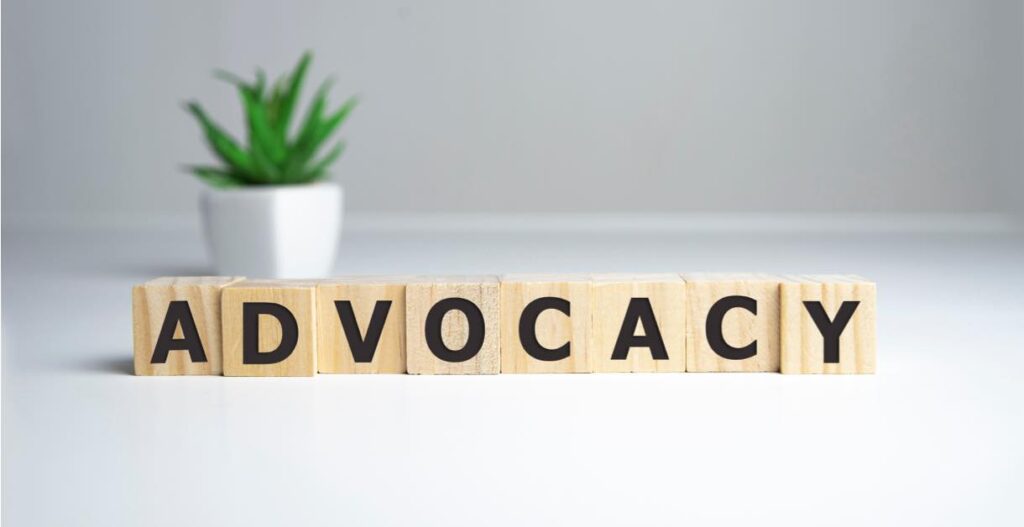“Community-based care is where I found myself.”

– NurseLearn Nurse Mentor Spotlight.
On her path towards becoming a nurse mentor in community-based care, July faced many challenges. “I’ve never been able to answer the question as to how I innately knew that the hospital setting wasn’t the right fit for me as a nurse…And many have asked!” July, NurseLearn’s Lead Nurse Mentor, shared.
July’s story starts straight out of nursing school. “My first nursing job in the hospital setting quickly confirmed what I already knew about myself and where I did not have an interest in growing as a nurse.”
With her formal training and education positioning her for a career in acute care, July found herself asking, “Where do I belong?”
Gravitating to Community-Based Care
“In my search for professional growth, I applied for employment in many different healthcare settings,” she recounts. “And, by pure luck—or some may call it fate—I landed a job as a nurse at an assisted living facility. Not just any assisted living facility, but a facility in Old Town, Portland that serves a population of residents with a history of addiction, incarceration, aggression, homelessness, trauma, and complex mental health needs.”
Prior to nursing, July’s background was in special education where educators are trained to take a whole-child approach that considers how learning outcomes depend on a number of social and personal factors (safety, physical health, mental health, access to support systems, etc.) in addition to the quality of education a child receives in school.
With that framework in already in practice, the community-based care (CBC) setting came natural to July. “This approach of looking at the resident as a whole, whose life experiences and life situations matter just as much as their diagnosis and medical history, was something that I automatically did.”
And ultimately, it proved to be a more rewarding form of care to her. “I was more interested in seeing a resident as a whole person with a personhood, as opposed to seeing the resident for their acute illness like their stroke or heart attack,” she says.
“It was in this specific nursing role, in this exact building, where I found my—how do I even explain—my calling? My passion? My love for nursing? None of those words accurately describe my journey,” she says.
“Really, it’s where I found myself. It’s where I grew as a nurse. It’s where I tried and failed and got up to try over and over and over again. It’s where I succeeded. It’s where I thrived. It’s where I became a nurse leader,” she remembers. “It’s where I belonged.”
July’s path to today was not without its difficulties though. “The journey was truly a struggle,” she shares.
This role can be isolating. “Being the only nurse in the building, I felt alone, without peers to lean on, and separated from the rest of the nursing world. There was so much that I didn’t know, including where to find answers, who to reach out to, or even what questions to ask… You don’t know what you don’t know.”
She found herself regularly searching for resources that could support her in her journey. “Or, at the very least, I needed a sign that this wobbly path I was forging on my own somehow leads to success,” she recalls. “I wanted to do a good job. I needed to do a good job – for my residents, for my care staff, for my professional growth as a nurse, for my own self-confidence, and for this very special place on the corner of NW 6th and Couch that made me feel like I belonged.”
The Value of Nurse Mentorship

“Words cannot describe what a significant difference the support, advocacy, and guidance of mentorship would have made for me at the beginning of my community-based care nursing journey,” July concludes.
Anecdotally, we know that nurse mentorship is one of many powerful tools that can help set nurses up for success in their careers, especially for early-career nurses. Having an expert in the field to call upon when uncertainty, challenges, or imposter syndrome strikes can be the difference between choosing to stay or not in the field. NurseLearn’s Enhanced Program places an emphasis on nurse mentorship for this very reason.
And, the data confirms this. Nurse mentorship is shown to have positive impacts on early-career nurses’ decisions to remain in nursing, on their self-confidence, on their problem-solving skills, on their professional communication skills, and on nurses’ transition to practice, with benefits increasing steadily over time. It is a support that empowers nurses to continue in the field in the long-term, and it improves their experience and success within their current roles.
“As my career continues to grow – after completing a nurse leadership graduate program, obtaining board-certification as a Nurse Executive, exploring other areas of community-based care, becoming a Nurse Consultant, and now, a Lead Nurse Mentor at NurseLearn – I find myself reminiscing about who I was as a nurse more than 10 years ago.”
“As a nurse mentor, I strive to be a change agent for nurses that find themselves in my similar situation: feeling isolated, craving support, in constant search for resources and answers, and learning solely through trials and tribulations,” she says.
“Because through it all, we are committed to the residents, to the team, to the community, and to this special corner of the nursing world where we belong.”
NurseLearn’s Enhanced Program is a free program for Oregon-licensed CBC nurses that offers online courses, mentoring, and CBC community-building opportunities at no cost to nurses. Learn more about the Enhanced Program at nurselearn.com/odhs.






